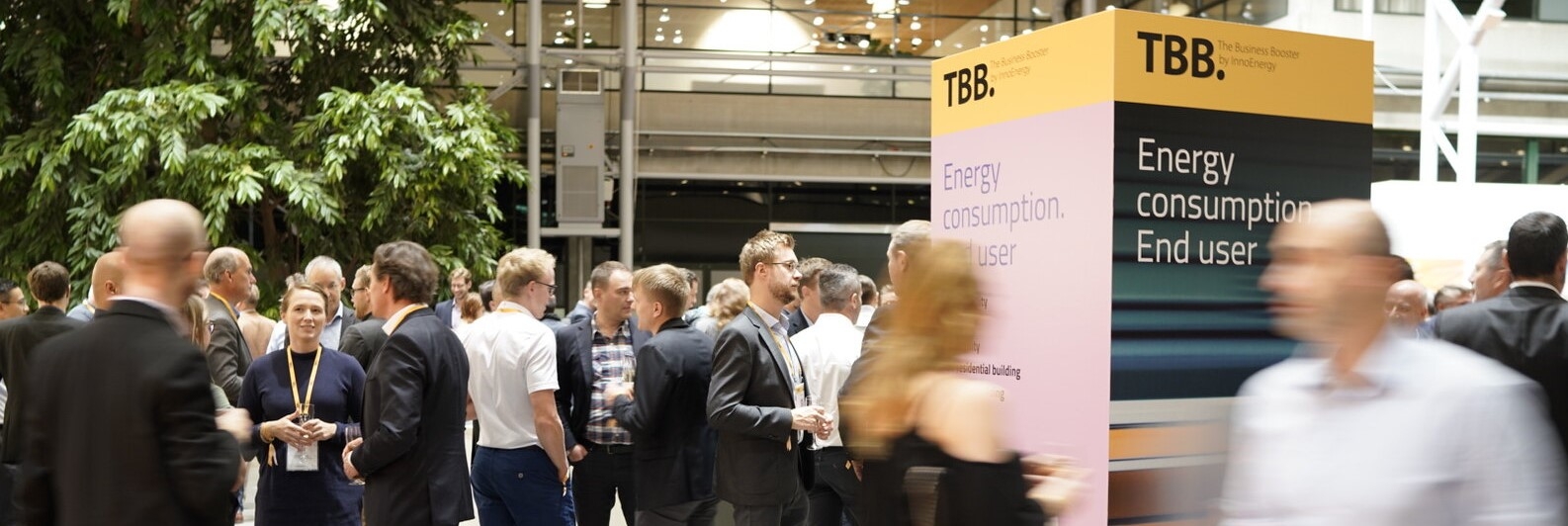Photovoltaic producers mobilized around HoloSolis

A consortium of independent renewable energy developers and producers has joined forces with HoloSolis to develop the French photovoltaic industry. Key partners include Technique Solaire, Photosol, CVE and Tenergie.
HoloSolis continues to grow and has taken another step forward in its development, with the launch of its fund-raising campaign to finance the largest photovoltaic panel production site in Europe.
Located in Hambach, near Sarreguemines in Moselle, the Gigafactory will start production at the end of 2026. At cruising speed, from 2028 onwards, it will employ 2,000 people and produce over 10 million photovoltaic panels a year, covering the electricity needs of one million households and accounting for around 8% of European imports of Chinese photovoltaic modules.
A consortium of leading manufacturers and investors
A consortium of leading manufacturers and investors in the clean energy sector, the European company HoloSolis is one of the solutions being implemented, with the support of the EU, the French government and local authorities, to rebuild a complete photovoltaic industry in Europe, in a market currently dominated by Chinese manufacturers. This will accelerate the transition to a low carbon world, and contribute to the industrial and energy sovereignty of France and the European Union.
HoloSolis’ fund-raising campaign is off to a flying start, thanks to the support of independent photovoltaic developers and producers in France. Led by Technique Solaire, Photosol, CVE and Tenergie, this group, driven by a shared vision and determination, is committed to rebuilding and strengthening the French photovoltaic industry.
Jan Jacob Boom-Wichers, Chairman of HoloSolis commented
The solar energy developers and producers emphasize
Securing future supply
Meets the objectives of the NZIA
HoloSolis meets the objectives of the new Net-Zero Industry Act (NZIA) regulation, adopted by the EU in May 2024. This provides a series of financial and regulatory incentives for the purchase of photovoltaic equipment manufactured in Europe, including the introduction of social and environmental clauses in public procurement and government support schemes. The NZIA stipulates that by 2030, 40% of solar panels installed in the EU will have to come from European factories. France has already adapted its methodology for calculating carbon footprints, favoring decarbonized European production. It will continue to implement the NZIA measures by adapting the rules governing calls for tender and tariff decrees, in particular by integrating resilience criteria, thus encouraging project developers to use photovoltaic panels manufactured in Europe. The consultation on the Pluriannual Energy Program for photovoltaics presents very encouraging reindustrialization objectives.
Together with its partners, HoloSolis is committed to strengthening European initiatives in the solar industry aimed at countering the predominance of Chinese producers, while imposing strict social and environmental standards and respecting the specific features of evolving French regulations.
“Through HoloSolis, we intend to create a collective dynamic, involving as many European prime contractors and subcontractors as possible, upstream and downstream of the photovoltaic industry, from silicon production to the supply of green electricity, via the design of machine tools and the manufacture of components used in photovoltaic panels. Bringing leading industry players on board HoloSolis is fully in line with this ambition: to bring together the best of European engineering, know-how and technology, in the service of energy sovereignty and transition”, concludes Jan Jacob Boom-Wichers.
With the arrival of new investors, all leading photovoltaic players, to open its fundraising, HoloSolis has further strengthened its position as a key player in the achievement of a fundamental objective of the European Green Pact: to triple installed solar capacity on the Old Continent between 2023 and 2030.

